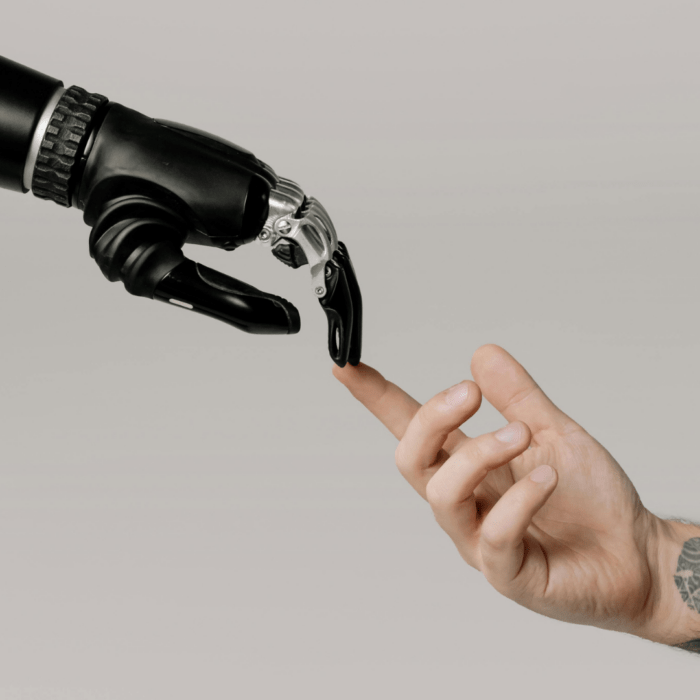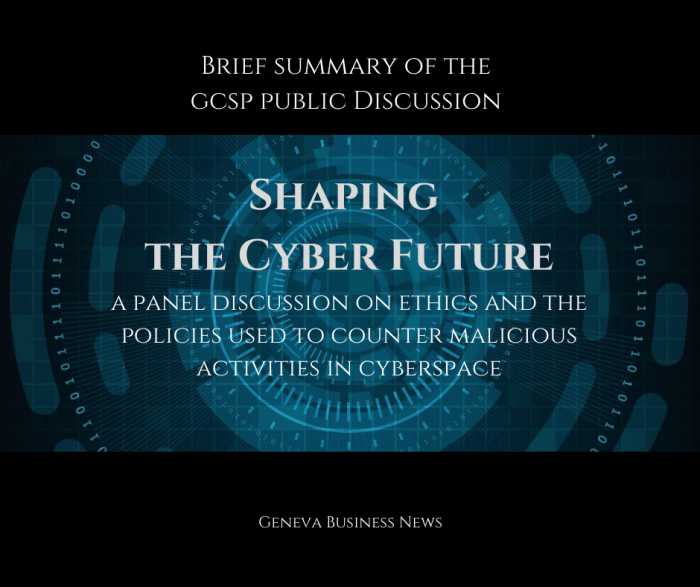
 With the advent of the Internet and the mass use of new means of communication such as social media, it has never been easier to access information.
With the advent of the Internet and the mass use of new means of communication such as social media, it has never been easier to access information.
In this way, the development and diffusion of technologies have provided new opportunities for people globally.
Access to worldwide information is indubitably a great accomplishment. But every success brings its own challenges. Search engines replace our doctors and professors, and social media replaces traditional media. There is a clear correlation between the democratization of technology and the “homemade” expert.
The growing lack of trust, however, for political, economic, social or traditional institutions is reaching new heights and negatively affecting civil society's view of them. People realize how technologies of the Fourth Industrial Revolution are challenging the idea and the social structure of the world and the undesirable externalities that come with it.
In November the Geneva Center for Security Policy (GCSP) held a conference, with the collaboration of the United States Mission to the UN, on the future of cyberspace to better understand the challenges that humankind faces.
At the conference, Dixie O’Donnell, a Cyber Security Fellow at GCSP, discussed the link between geopolitics, cyberspace and communication in general.
She noted that people are connected one way or another. Technologies remove barriers and bring the world closer. It also comes with disadvantages. Devices generate and collect data on users’ behaviours. This personal information can be used by political or marketing institutions to affect behaviour. Additionally, the absence of borders in the numerical world is also a major threat to some countries.
Indeed, any malicious entity with a minimum of knowledge of technology or communication can jeopardize any institution, by spreading fake news or having access to, and publishing, confidential information. The democratization of access to large-scale information has also helped certain extremist groups spread disruptive propaganda.
The lack of quality control on the internet is also a big issue. Before, editors checked all the sources. Now, anyone can publish any information on social media. The use of logarithms to target the wrong information to a specific audience is growing. As underlined by O’Donnell, policymakers and IT engineers have to work together to monitor these logarithms in order to limit the spread of harmful information.
Consequently though, the loss of trust in institutions has drastically increased.
Thomas Philbeck, Head of Technology, Society and Policy at the World Economic Forum in Geneva, shed light on the link between technology and ethics. He highlighted one of the biggest misconceptions about technology neutrality; namely, that that they are neutral tools. Technologies reflect the interests, behaviours and desires of the creator, and shape how people are using them. In other words, technology shapes people and vice versa.
For example, the Internet Engineering Task Force (IETF), one of the main standards organizations, states:
“The Internet isn’t value-neutral, and neither is the IETF. We want the Internet to be useful for communities that share our commitment to openness and fairness. We embrace technical concepts such as decentralized control, edge user empowerment and sharing of resources because those concepts resonate with the core values of the IETF community. These concepts have little to do with the technology that’s possible and much to do with the technology that we choose to create.”1
The question is that since technologies provide samples of how we interact with society, is it necessary to have more regulation? Technology cannot decide what constitutes a good life. It affects how people order their lives, interact with one another and see themselves. Thomas Philbeck also underlined the fact that misinformation and propaganda on geopolitics is not something new. The means change but not the game. That is another great challenge that people will have to face.
Source:
GCSP Public Discussion on Shaping the Cyber Future: a panel discussion on ethics and the policies used to counter malicious activities in cyberspace, 20 November 2019, GCSP, Maison de la Paix.
1.IETF, Network Working Group, “Request for Comments: 3935”, 2004. Available at https://www.ietf.org/rfc/rfc3935.txt.
Further reading: